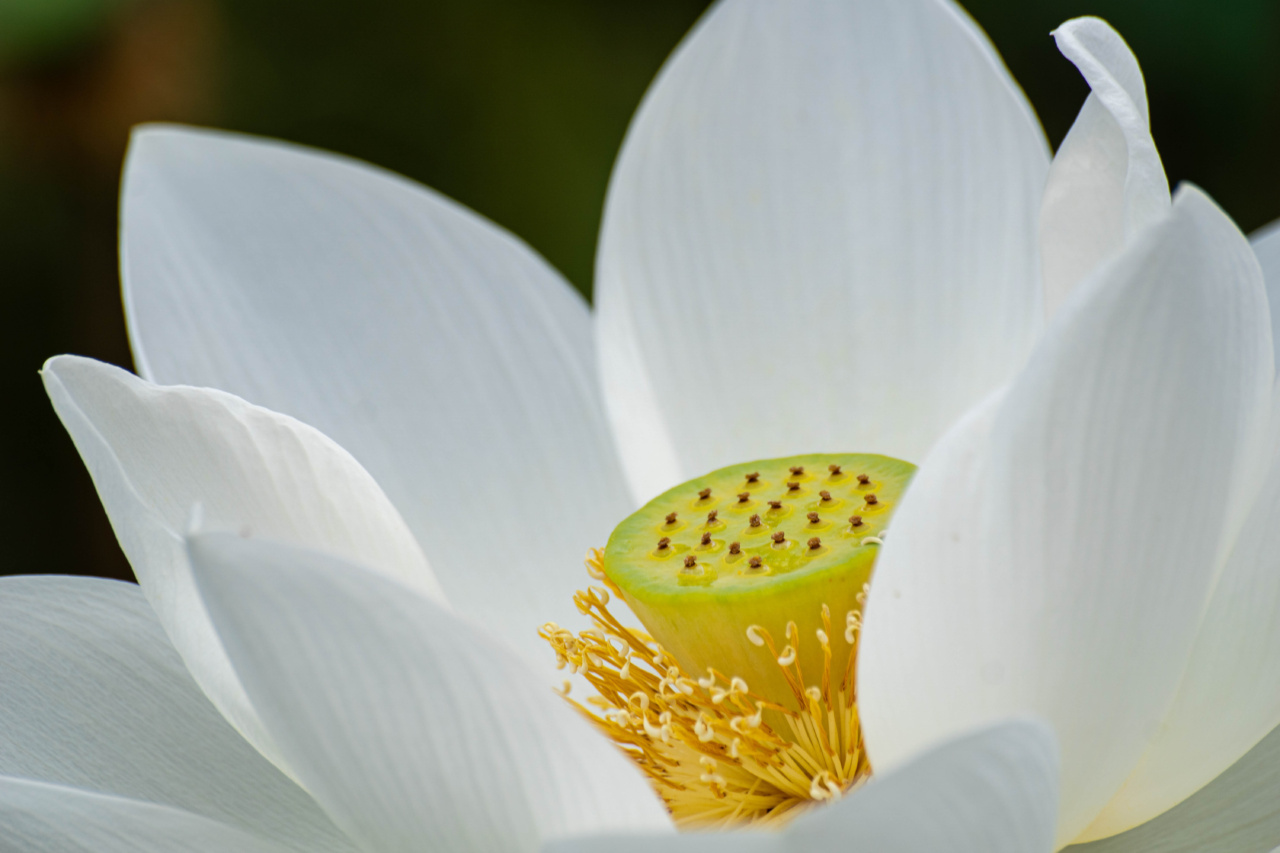Spring brings with it beautiful blooms and warmer weather, but for many people, it also means the onset of dreaded allergies. Sneezing, itching, and congestion can put a damper on enjoying the outdoors.
While over-the-counter medications can provide relief, they often come with unwanted side effects. Fortunately, there are several easy and natural remedies that can alleviate your spring allergies without any negative impact on your health. Read on to discover effective ways to combat those pesky allergies and embrace the joys of spring.
1. Consume Local Honey
Did you know that consuming local honey can help reduce your spring allergy symptoms? Bees collect pollen from flowers in your vicinity, and when you consume their honey, it introduces small amounts of these local allergens into your system.
Over time, this exposure can desensitize your body to the allergens, reducing your allergic reactions.
2. Use a Neti Pot
A neti pot is a traditional Ayurvedic remedy used to clear the sinuses and relieve congestion. It involves pouring a saline solution through one nostril and letting it drain out of the other.
Regular use of a neti pot can help remove allergens and irritants from your nasal passages, providing immediate relief from allergies.
3. Install High-Quality Air Filters
Investing in high-quality air filters for your home can dramatically improve the air quality and reduce allergens indoors.
Look for filters with a high MERV (Minimum Efficiency Reporting Value) rating to effectively capture pollen, dust mites, and other allergens. Regularly clean and replace these filters to maintain their effectiveness.
4. Keep Windows Closed
While it may be tempting to open your windows and let in the fresh spring air, it also invites allergens to enter your home. Keep your windows closed, especially during high pollen count days, to minimize contact with pollen.
Instead, rely on air conditioners and fans to circulate and filter the air inside your home.
5. Clean Your Home Regularly
Regularly cleaning your home is essential to keep allergens at bay. Vacuum carpets, rugs, and upholstery using a vacuum cleaner equipped with a HEPA (high-efficiency particulate air) filter.
Dust surfaces, sweep floors, and mop regularly to remove pollen and other allergens that may have made their way inside.
6. Use Natural Essential Oils
Essential oils such as peppermint, eucalyptus, and lemon have natural antihistamine and anti-inflammatory properties that can help alleviate allergy symptoms.
Diffusing these oils or using them in steam inhalation can provide relief from nasal congestion and respiratory issues. Always ensure you use high-quality, pure essential oils, and follow proper dilution guidelines.
7. Limit Outdoor Activities
Spring is the perfect time to enjoy outdoor activities, but if you suffer from allergies, it’s essential to limit your exposure to allergens.
Check the daily pollen count before planning outdoor activities and try to schedule them for times when pollen levels are lower. Wearing sunglasses, a hat, and a pollen mask can also provide additional protection.
8. Eat an Anti-Inflammatory Diet
What you eat can play a significant role in reducing allergy symptoms. Incorporate foods with anti-inflammatory properties into your diet, such as turmeric, ginger, leafy greens, fatty fish, and walnuts.
These foods can help modulate your body’s immune response and alleviate allergy symptoms.
9. Stay Hydrated
Drinking plenty of water helps flush out toxins from your body and keeps your airways hydrated. It can also thin mucus secretions, making it easier to expel allergens.
Aim to drink at least eight glasses of water a day, and consider incorporating herbal teas and natural fruit juices for added hydration.
10. Try Herbal Remedies
Natural herbal remedies like butterbur, stinging nettle, and quercetin have been found to offer relief to allergy sufferers.
Butterbur has antihistamine properties, nettle works as a natural antihistamine, and quercetin helps stabilize the release of histamines. While generally safe, consult with a healthcare professional before trying any new herbal remedies.
By incorporating these easy and natural remedies into your routine, you can say goodbye to the discomfort of spring allergies and fully embrace the beauty of the season.
Remember, everyone’s allergies are different, so it may take some trial and error to find the perfect combination that works for you. Enjoy the sunshine and blooming flowers without the sneezing and itching!.






























